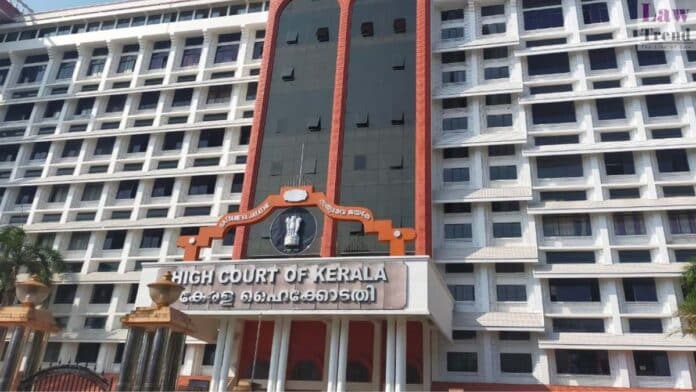The Kerala High Court has directed the state government to accept land tax from residents of Munambam in Ernakulam district until the long-running dispute over ownership of their properties is conclusively resolved.
Justice C Jayachandran issued the interim order while hearing a batch of petitions filed by residents who said they had been unable to pay land tax because of the ongoing litigation and the district administration’s refusal to accept it.
The petitioners pointed to the High Court’s earlier ruling on October 10, which held that notifying the Munambam land as waqf amounted to a “land grabbing tactic of the Kerala Waqf Board”. That order had also upheld the state government’s decision to appoint an inquiry commission to determine the actual ownership of the disputed land.
Relying on that precedent, the residents urged the court to direct the authorities to accept land tax, permit mutation and transfer of properties, issue encumbrance certificates, and allow alienation of land so that routine property transactions could resume.
Accepting part of their plea, the court instructed the Ernakulam district administration to begin accepting land tax from the residents. The matter will be taken up again on December 17.
Following the ruling, the Malankara Orthodox Syrian Church described the order as a welcome relief. It said that residents of Munambam had been unable to complete any land-related transactions because the authorities were not accepting tax payments.
In its statement, the Church called the order a “victory of the truth”.
For several years, residents of Cherai and Munambam have accused the Kerala Waqf Board of asserting unlawful claims over their land despite the existence of registered title deeds and past land-tax receipts.
To address the dispute, the state government last November appointed an inquiry commission led by former acting Chief Justice of the Kerala High Court, Justice C N Ramachandran Nair, to examine the competing ownership claims.
The court’s interim order now offers temporary relief, allowing residents to resume basic land-related formalities while the commission continues its work and the legal proceedings move toward a final determination.




